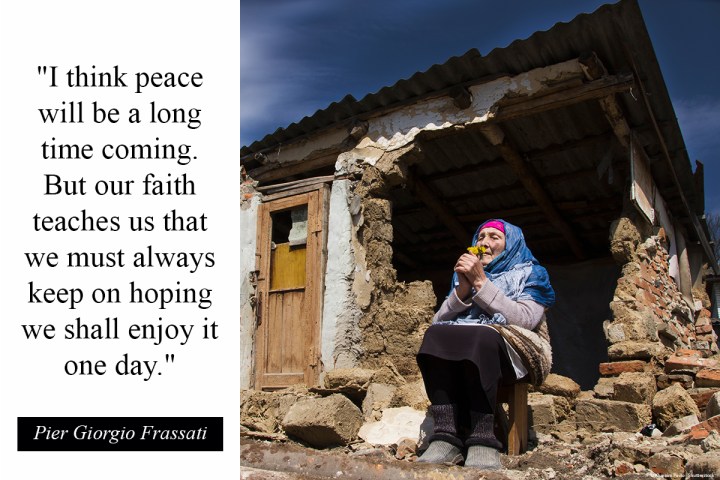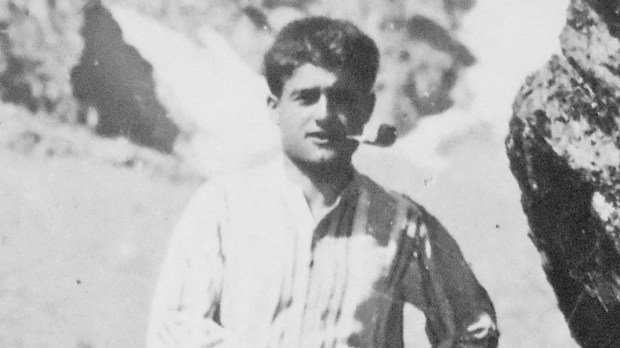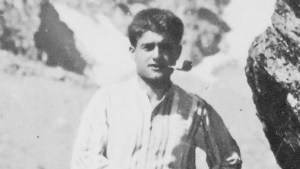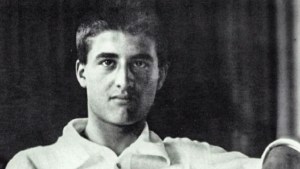July 4 is not only Independence Day in the US, it is also the feast of a truly worthy individual — Blessed Pier Giorgio Frassati.
In fact, it’s a wonderful combination of celebrations. As Americans celebrate the independence they hold dear, Catholics are invited to consider the Italian saint whose life seemed to be lived in total celebration of his love for God.
Although Frassati died at the young age of 24 in 1925, the thoughts and passions he so readily shared with others seem just as relatable nearly a century later.
So take a minute on this celebratory day to consider these wise thoughts from a saint who knew how to love God, his family, and those in need with all his heart.
In a world gone astray from God there is no peace, but it also lacks charity, which is true and perfect love.”
Modern society is drowning in the sorrows of human passions and it is distancing itself from every ideal of love and peace. Catholics, we and you, must bring the breath of goodness that can only spring from faith in Christ.”

There is no need to pay attention to gossip, much less get ill by giving in to those who perhaps have never known what truth is.”
A Catholic cannot help but be happy; sadness should be banished from their souls. Suffering is not sadness, which is the worst disease. This disease is almost always caused by atheism, but the end for which we are created guides us along life’s pathway, which may be strewn with thorns, but is not sad. It is happy even through suffering.”

What wealth it is to be in good health, as we are! We have the duty of putting our health at the service of those who do not have it.”
When you are totally consumed by the Eucharistic fire, then you will be able more consciously to thank God, who has called you to become part of His family.”

May peace reign in your soul… any other gift we possess in this life is vanity, just as all the things of this world are vain.”



